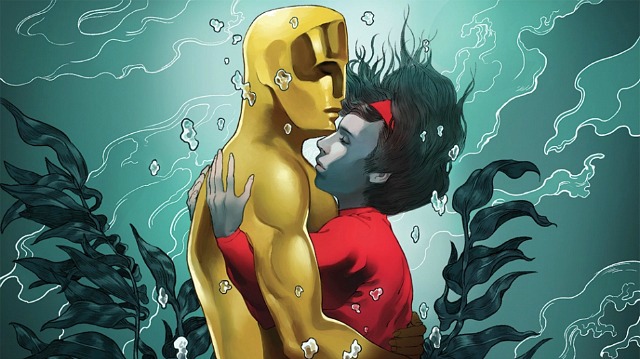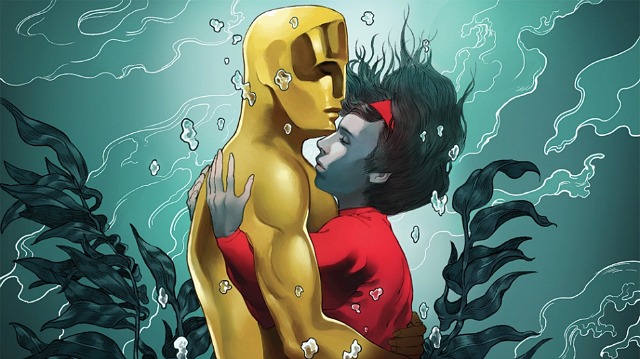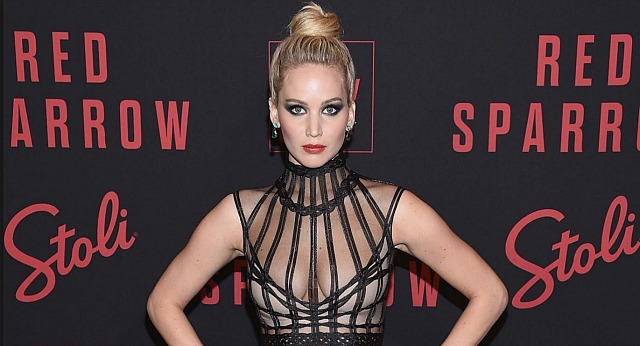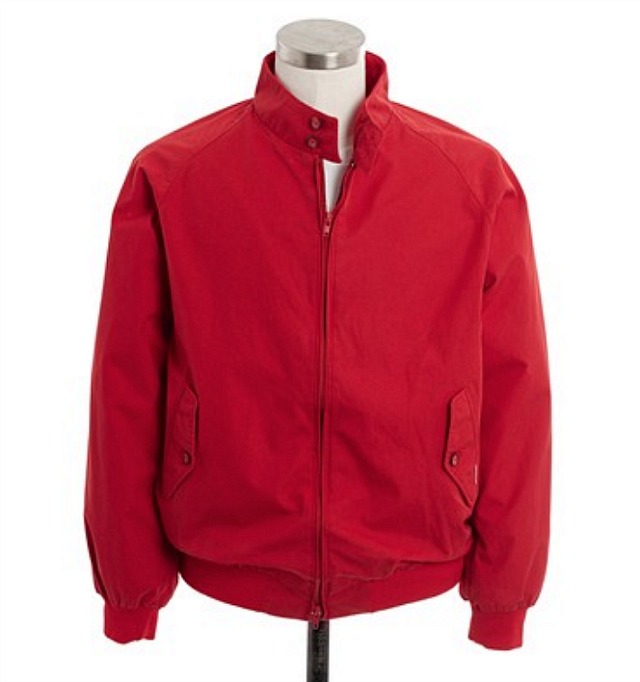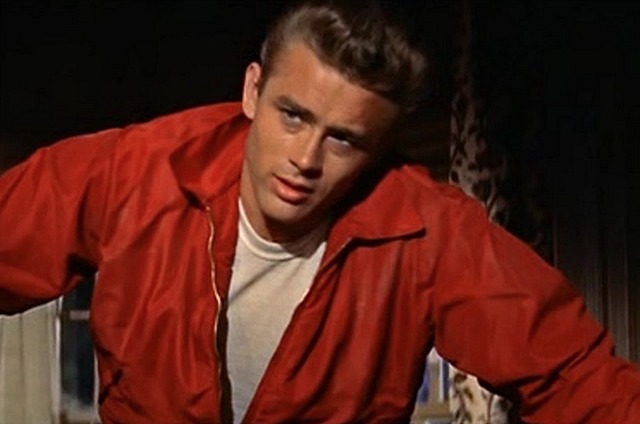For his debut Hollywood Reporter column (2.27), Marc Bernadin (Fatman on Batman) explains that a key reason for the huge successes of Black Panther, Wonder Woman, Get Out and Girls’ Trip is that their respective directors — Ryan Coogler, Patti Jenkins, Jordan Peele and Malcolm Lee — knew the subjects and themes like the backs of their hands, and therefore delivered currents that audiences recognized as real-deal.
In other words, diversity, identification and representation were dominant factors. When will white-ass studio chiefs recognize that these films have connected for this reason? And when will they stop calling these successes “anomalies”? That’s the question, says Bernardin.
The final paragraph delivers a nice summary: “What audiences are responding to, in every movie that’s popped in the past year, is a sense of truth. Just as we can tell, somehow, when CG is spackled on a little too heavily, we can sense when something feels inauthentic. We can tell the difference between 12 Years a Slave and Amistad, between The Joy Luck Club and The Last Samurai, between Selma and Mississippi Burning. One of them feels true — and truth, ultimately, is what makes something universal.”
Whoa, hold on, nope…Bernardin is wrong about Ava DuVernay‘s Selma (’14) vs. Alan Parker‘s Mississippi Burning (’88). Sorry, brah.
Is DuVernay’s film a more accurate history lesson? Is it more organically truthful? Did it deliver an identity current that translated into a better-than-decent domestic haul of $52,076,908? Yes to all, but Mississippi Burning is a better film despite all the bullshit it sold. (And let’s not forget that Selma sold some bullshit of its own.)
The key thing is that Mississippi Burning delivered an emotionally satisfying payoff that audiences bought into, and which resulted in earnings of $86 million if you adjust for inflation.
Here’s how I put it on 11.29.14: “Alan Parker‘s Mississippi Burning gets an awful lot wrong about the way things really were in Mississippi in 1964. African Americans did a lot more than sing hymns and watch their churches burn, and we all know that Parker and screenwriter Chris Gerolmo mangled the history of the FBI’s hunt for the killers of three Civil Rights workers (Michael Schwerner, James Chaney and Andrew Goodman).
“Their coup de grace was having a pair of FBI agents, played by Gene Hackman and Willem Dafoe, turn into Dirty Harry-style vigilantes in Act Three, bringing the guilty yokels to justice by playing rough games and faking them out. Pauline Kael called it ‘a Charles Bronson movie.’
“And I’ve never cared that much. Very few have, I suspect. I’ve always had a soft spot for Mississippi Burning for various reasons — the polish of it, Hackman’s performance (particularly his scenes with Frances McDormand), Peter Biziou‘s cinematography, Gerry Hambling‘s editing, the percussive rumble of Trevor Jones‘ music, da coolness. But especially Parker and Gerolmo’s bullshit plot. Because the lies they came up with are emotionally comfortable, and that’s always the bottom line.
“I agree with Gore Vidal‘s old line that ‘the ends never justify the means because there are no ends, only means’, and yet it feels very fulfilling to see vigilante tactics used against racist murderers. Especially after watching Hackman and Dafoe go through weeks of fruitless investigating while the guilty crackers smirk and drink cream soda and chew tobacco.
“If audiences feel that a film is delivering real emotional justice, they’ll always tolerate mistakes and oversights. Even lies. That’s what happened here.
“The above clip of Hackman and McDormand exchanging silent words or more precisely of McDormand passing along important new information is one of the best scenes Parker ever shot. There’s nothing in Selma that even begins to approach the brilliance of this scene.”



